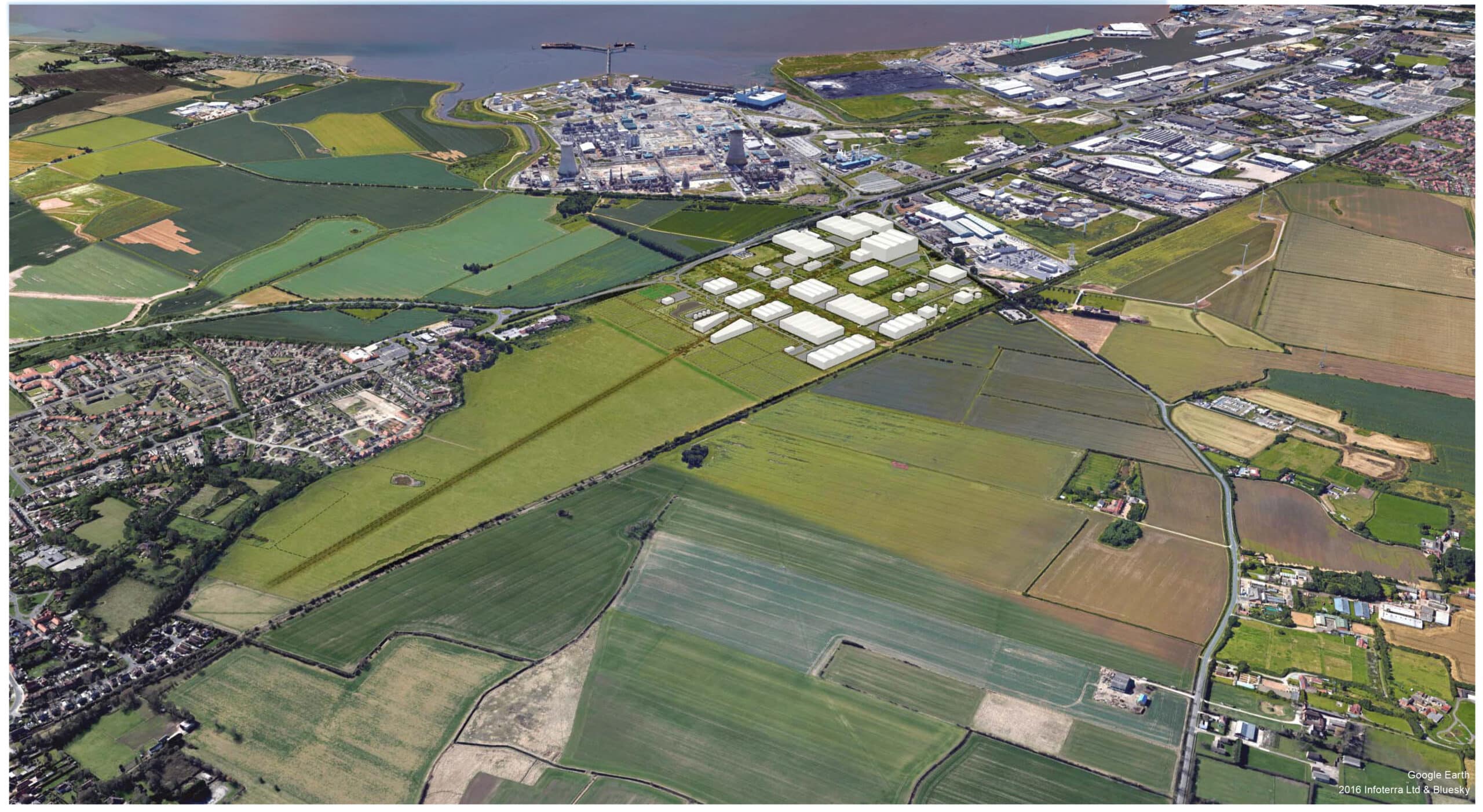Vital Energi, Transforming waste into sustainable heating solutions with the GHNF
Vital Energi has been awarded over £22 million from the Green Heat Network Fund for the commercialisation and construction of the Hull East District Heat Network. The heat network presents another innovative use of waste heat from industry, with Phase 1 utilising heat from the Saltend Chemicals Park.

The heat network will provide low carbon heating to 14 public sector council buildings and a mixture of industrial customers, helping to decarbonise one of the UK’s industrial hotspots. As part of the network, Hull East are also hoping to secure green solar energy to help power the network whilst feeding energy into other customers across Yorkshire Energy Park, a next generation energy and technology business park currently in development.
Construction of the heat network is expected to begin later in 2024, with the heat network capable of expanding to supply further connections and use using other renewable heat sources across the energy park once completed.
“We’re delighted with the award of the Green Heat Network Funding which will allow us to deliver the Hull East Heat Network. Taking waste heat from Saltend Chemicals Park situated on the Yorkshire Energy Park, we aim to decarbonise commercial and residential buildings across Hull, bringing them closer to a net zero future with low carbon heat and hot water.”
Mike Cooke, Managing Director, Vital Energi
The Green Heat Network Fund (GHNF), delivered by Triple Point Heat Networks Investment Management on behalf of the Government, delivers an additional £80.6 million to heat networks in the North of England, London and the South West. Funding is being awarded to projects, like Hull East Heat Network, harnessing waste heat energy from industry.
An abundance of waste energy is generated in various industrial processes as well as in our daily activities. Manufacturing and human waste disposal processes produce waste heat as a byproduct which can be harnessed to produce low-cost, low carbon heating. Today, funding from the Green Heat Network Fund (GHNF) continues to enable innovative solutions like these to be deployed.
Projects across England aim to utilise waste heat from sewage works and industry processes, including Bolton Metropolitan Borough Council who will use heat pump technology to extract waste heat from the combined sewer running into the town centre.
Other projects funded today will use heat pump technology to decarbonise existing developments, new build homes and one of London’s flagship new hubs for creativity – the Greenwich Peninsula development. In Exeter, funding from GHNF will support the installation of the UK’s largest high-temperature water source heat pump to distribute low carbon heat to buildings across the city.
